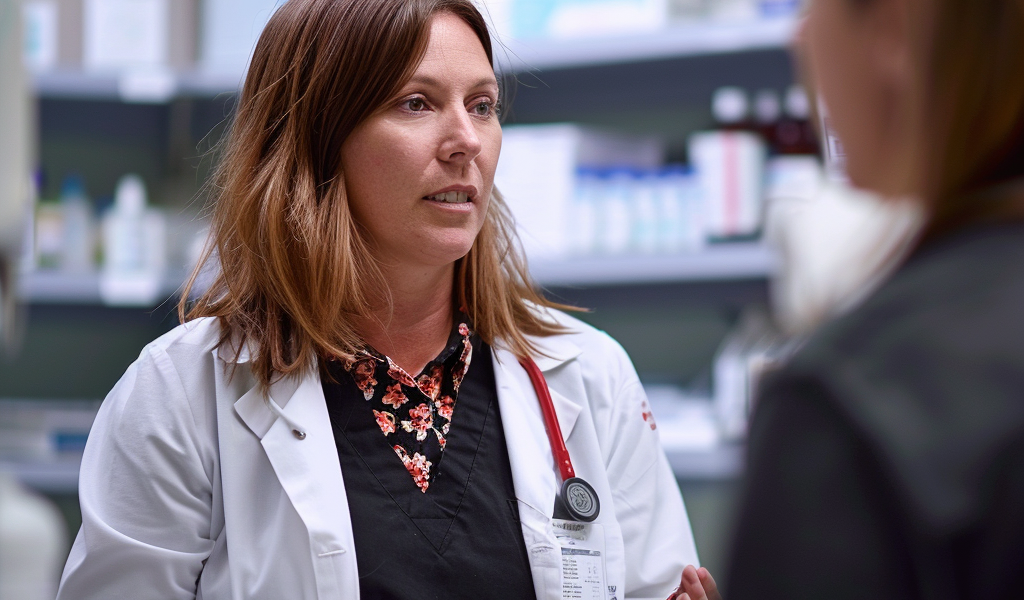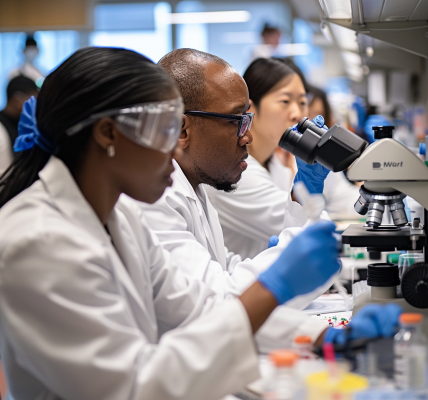UF Health is actively addressing the supply of sterile fluids in the aftermath of Hurricane Helene, demonstrating their commitment to patient care and safety. The hurricane’s impact has necessitated a focused response to ensure that healthcare facilities have the necessary resources to provide essential medical treatments.
In a related development, the story of Emilie Lynch, a clinical pharmacy specialist at UF Health, highlights the importance of advancing cancer treatments, particularly for Hodgkin lymphoma. Emilie, who was diagnosed with Hodgkin lymphoma at the age of 16, has successfully surpassed the five-year survival milestone not just once, but three times, a significant achievement in the fight against this type of cancer.
Hodgkin lymphoma primarily affects the lymphatic system, which plays a crucial role in the body’s immune response. Fortunately, survival rates for young patients are impressively high, nearing 90%. However, the journey to recovery is often fraught with challenges, particularly concerning the long-term effects of traditional treatments such as chemotherapy and radiation.
Emilie reflects on her experience, noting, “It’s been enough years now that the risk of Hodgkin coming back is pretty much nonexistent for me, but the main risk is secondary cancers.” This is a significant concern for many survivors, especially those who underwent radiation therapy. For example, patients treated with radiation to the chest face an elevated risk of developing breast cancer later in life. Given Emilie’s family history of breast cancer, she is vigilant about her health, undergoing mammograms and breast MRIs every six months.
In addition to breast cancer risks, the treatment she received has increased her susceptibility to other health issues, including skin cancer. Emilie has already had a basal cell carcinoma removed and remains proactive with regular skin checks. Other potential long-term side effects include hypothyroidism, heart disease, neuropathy, and infertility. To combat fatigue and maintain her health, Emilie adheres to a disciplined fitness regimen, engaging in strength training five days a week while also tracking her daily steps.
Despite the challenges of managing her health and attending numerous medical appointments, Emilie’s role at UF Health allows her to make a meaningful impact on the lives of others facing similar battles. She is part of a team at the forefront of clinical trials aimed at minimizing the side effects associated with Hodgkin lymphoma treatments.
These clinical trials are crucial for developing less toxic treatment options. By exploring alternatives such as immunotherapy, researchers hope to refine approaches that not only treat Hodgkin lymphoma more effectively but also reduce the risk of long-term complications. The findings from these trials could potentially pave the way for advancements in treatment for various other cancers as well.
As UF Health continues to innovate in cancer treatment and patient care, the dedication of professionals like Emilie Lynch exemplifies the intersection of personal experience and professional expertise, driving forward the mission to improve outcomes for future generations of patients.
The commitment to research and development in oncology at UF Health is a testament to the institution’s role as a leader in the medical field, particularly in the fight against cancer. As they navigate challenges such as supply chain disruptions caused by natural disasters, the focus remains on providing high-quality care and advancing treatment methodologies that prioritize patient well-being.
In summary, UF Health is not only responding effectively to immediate challenges like the supply of sterile fluids but is also dedicated to long-term improvements in cancer treatment through innovative research and clinical trials. Emilie Lynch’s journey serves as an inspiring reminder of the resilience of patients and the critical role that healthcare professionals play in shaping the future of medical care.





